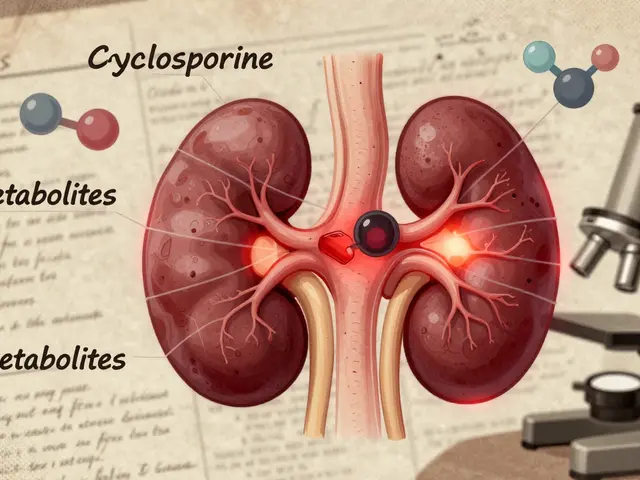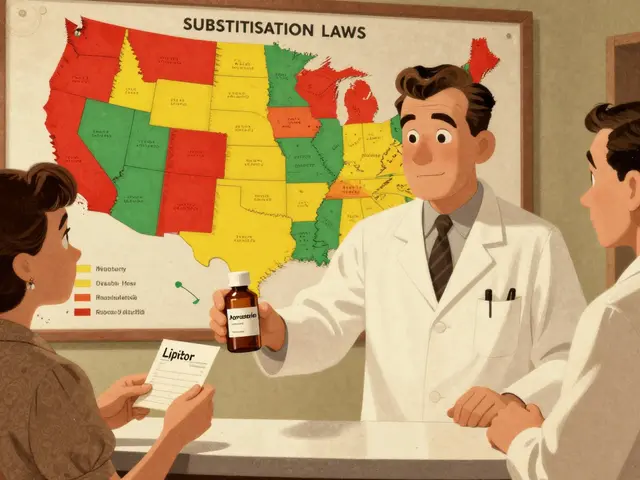Desonide cream: what it is and who it helps
Desonide cream is a low‑potency topical steroid (usually 0.05%) used to calm inflammation in the skin. Doctors commonly prescribe it for mild to moderate eczema, contact dermatitis, and some other itchy rashes. Because it’s milder than many other topical steroids, providers often pick desonide for sensitive spots or for children. It won't work for fungal or bacterial skin infections—those need different treatments.
How to use Desonide cream
Use a pea‑sized amount for small areas and a thin layer for larger ones. Wash and dry the area first, then spread the cream gently until your skin looks slightly shiny but not greasy. Most prescriptions say to apply it twice a day, but follow your doctor’s instructions. Don’t cover the area with airtight dressings unless your doctor tells you—covering increases absorption and can make side effects more likely.
Keep these simple tips in mind: stop other topical medicines on the same spot unless your doctor okays them, avoid using it on cuts or broken skin, and wash your hands after applying (unless you’re treating your hands). For kids, use the smallest effective amount and ask the prescriber how long treatment should last.
Side effects and precautions
Most people only get mild local effects like temporary burning, stinging, dryness, or redness. Bigger risks—skin thinning, stretch marks, and visible small blood vessels—appear with long‑term or heavy use. If you use desonide over large areas, under occlusion, or on thin skin (face, groin, armpits), there's a small chance some steroid can get into the bloodstream and affect hormones. That’s rare, but doctors watch for it in infants and when treatments run long.
Stop and call your provider if your rash gets worse, if new bumps or pus appear, or if you notice unusual tiredness, weight changes, or other body‑wide symptoms. Tell your doctor about other medicines and about pregnancy or breastfeeding before starting any steroid cream.
Buying tips: desonide often requires a prescription. If you shop online, use licensed pharmacies that ask for a prescription and show clear contact info and reviews. Avoid sites that ship prescription drugs without asking for a valid prescription. When in doubt, call your local pharmacist—they can confirm whether the product and strength match your prescription.
If you want a refresher later, save the prescription label or take a photo of the clinic instructions. And if your skin isn’t better after the recommended course, or the rash keeps coming back, book a follow‑up—sometimes the diagnosis or treatment needs to change.

How Desonide is Changing the Landscape of Topical Steroid Treatments
Desonide has emerged as a game-changer in topical steroid treatments due to its effectiveness and reduced side effects. This mild corticosteroid is gaining popularity for treating various skin conditions like eczema and psoriasis without the typical drawbacks of stronger steroids. Its low potency makes it safer for long-term use, especially on sensitive skin areas like the face and folds. Discover how Desonide is reshaping dermatological care with its user-friendly application and results-driven approach.
Read More




